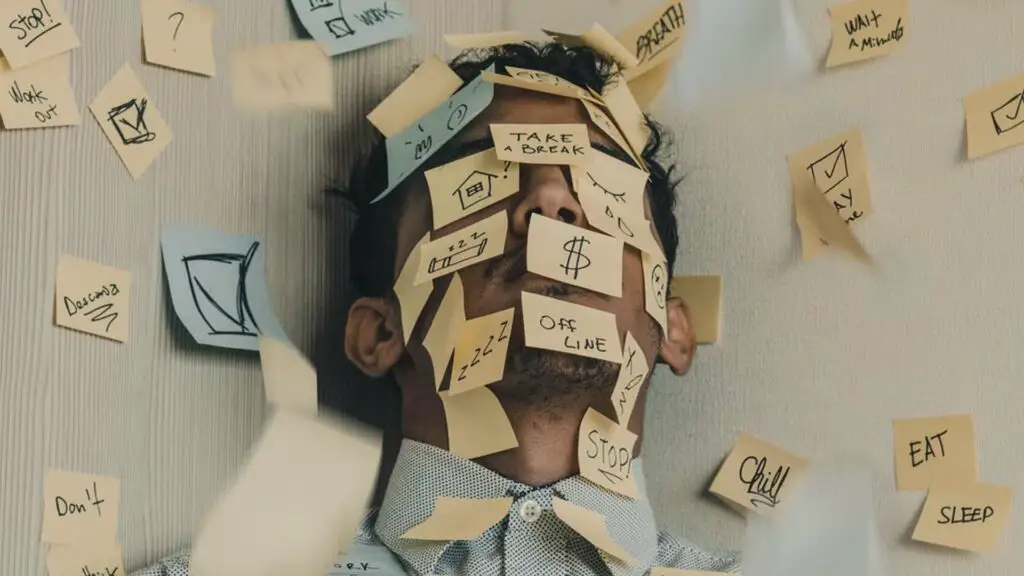What is stress resistance?
Stress resistance is the ability of our psyche to resist external stimuli. It is not any particular character trait that is responsible for our reactions to stress, but rather a set of qualities that allow us to overcome stressful situations calmly, without a surge of destructive emotions, and consequences for our mental health.
Why we need stress
Stress is inevitably present in everyone’s life. We can even say that stress is necessary for us because it allows us to adapt better to the changing conditions of our environment. Moderate stress increases efficiency, concentration, and memory.
If a person is in this state all the time, there is nothing to gain from it. To learn how to mobilize and overcome difficulties, and then return to an emotionally stable state, it is necessary to develop stress resistance. Especially when it comes to studying. A heavy workload at university often makes a student feel stressed so one must either turn to writing essay service or learn how to overcome stress on their own.
6 effective ways to overcome stress
What qualities make up stress tolerance
Stress tolerance is associated with both innate properties of the psyche and acquired ones. Skills that help to effectively combat stress, of course, can be developed. Below we list the main ones.
- Forecasting and relying on one’s own experience
Good skills in analyzing the situation and predicting consequences help to prepare for various events, even the most exciting ones. In addition, if a person has already had experience overcoming stressful situations, it will be easier for him to cope with new challenges and to think through an algorithm of actions.
- Multitasking
The ability to perform several tasks simultaneously and to work under conditions of changing reality is an important skill that allows one, when a new task appears, to build it into the existing action plan without falling into panic.
- Healthy Self-Esteem
Self-confidence helps to successfully overcome stressful situations and not to doubt your competence, intelligence, and value as a person when you make mistakes or fail to cope with some difficult task.
How to Develop Stress Resistance
In order to handle stress without a mental toll, you need to take the time to learn self-control, emotional intelligence, relaxation, and concentration skills. These are often the most important skills for adulthood. You can talk to your parents or friends about different situations, find solutions to difficult issues together, discuss your emotions and learn to reason while remaining calm.
Developing psychological well-being requires a clear awareness of one’s emotions. You should not suppress feelings, even negative ones. On the contrary, it is worth seeking appropriate ways to express emotions. When a person understands his or her feelings and knows how to deal with them, he or she becomes better prepared to deal with problems. Therefore, it is important to learn how to deal with unpleasant emotions such as anger, sadness, and fear.
For example, there is often a fear of making a mistake, or of doing something wrong. In this case, it is worth remembering that mistakes are not a disaster, but a normal part of life. An adequate attitude towards one’s own mistakes is a very important skill, which allows one to worry less about failures in the future. It is very important to pay attention to your strengths, praise yourself, and seek support to build healthy self-esteem.
Coping with your fears can be difficult, and if it fails, then there is a risk of difficulties with any other stress at all because your body gets tired, often experiencing a state of anxiety. It is possible to overcome fears, but you should not overdo it: you should not force yourself to do something that you are very afraid of. The attitude to phobias and anxieties should be careful and gentle.
How to prepare yourself for stressful situations
Stress sometimes causes not only emotional reactions but also manifests itself at a physiological level: breathing becomes confused, the heart beats irregularly, the throat dries out or the palms get sweaty, dizziness, or even pain in some part of the body. To cope with life’s challenges and to control one’s reactions when stressed, it is important to learn how to relax through breathing exercises and simple relaxation skills such as meditation or stretching.
There are steps you can take in advance to prepare yourself for stressful situations. For example, you should try to keep an eye on your physical health. The body’s resources are limited and in order to better cope with stress, a person needs to get enough sleep, get all the right nutrients from food and be active. When we feel rested and healthy, we have more energy to deal with fears and anxieties.
On the other hand, stress resistance develops through a conscious dialogue with oneself: setting one’s life priorities and principles. When a person can formulate what is important to him or her and what his or her goals are, it is easier for him or her to adequately assess life situations in which he or she finds himself or herself.
Keeping a diary and internal reflection helps to abstract and switch in order not to torment oneself with thoughts about the same problem. It will also be useful to reflect on one’s strengths and weaknesses in a quiet state and to think about strategies to solve certain problems. In a diary, you can write down and analyze difficult situations that you have managed to overcome and praise yourself for them.
